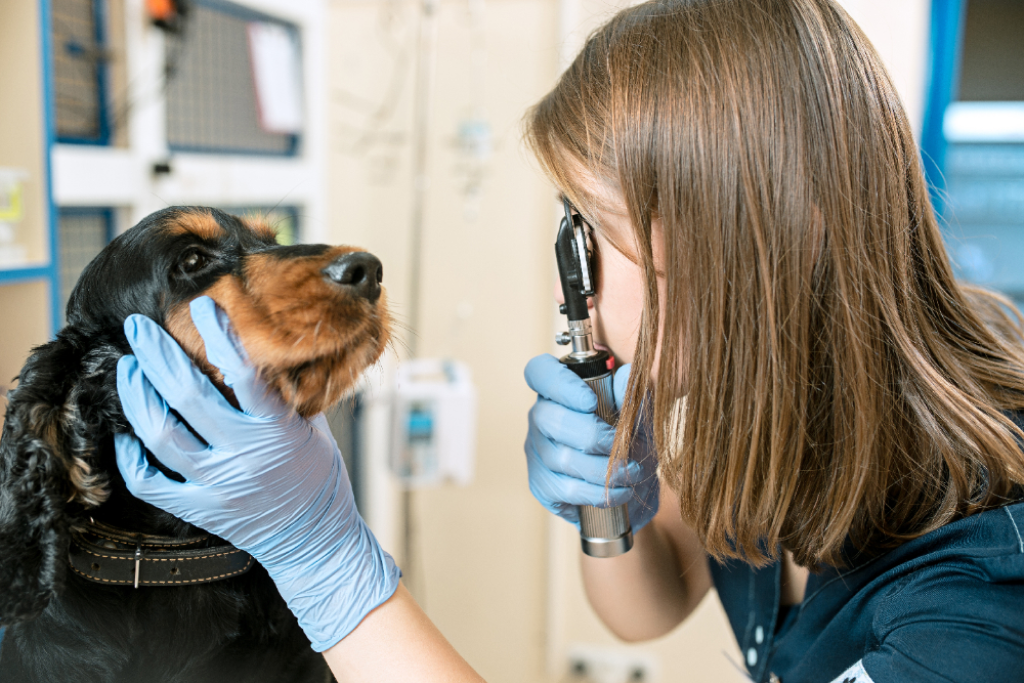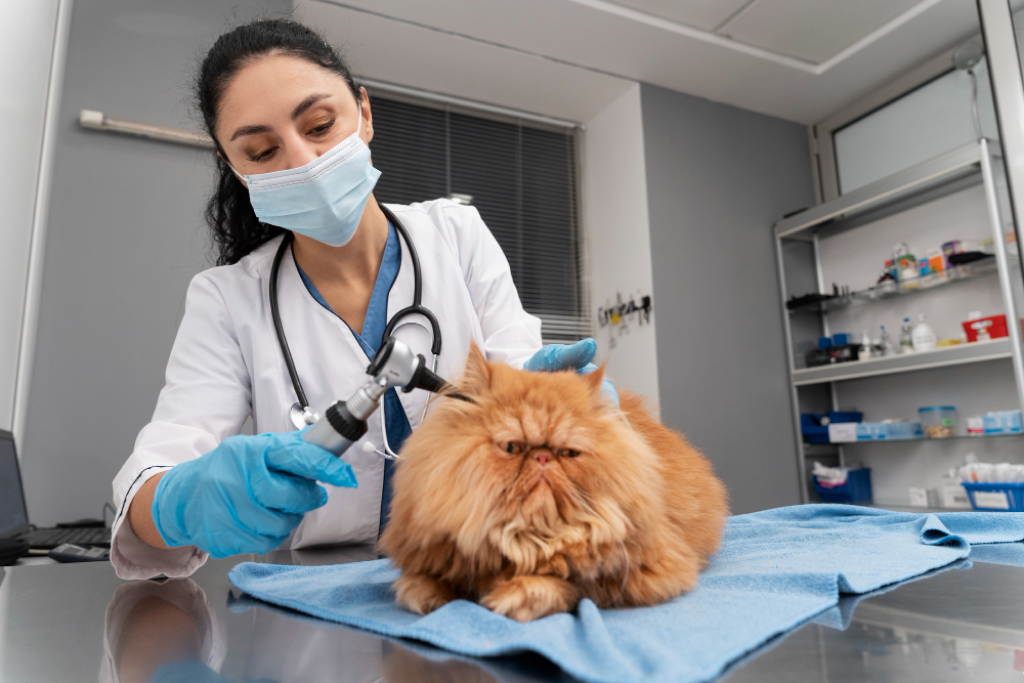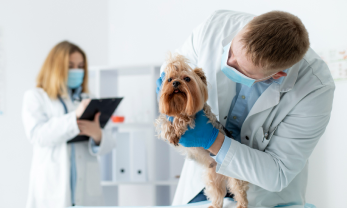Cat vaccinations can protect against a range of feline diseases. It’s recommended that kittens should start their initial course of vaccinations at nine weeks old, with the second given at 12 weeks. After two weeks rest your kitten will then be protected against a range of diseases and infections. However, be aware that un-spayed females are highly likely to fall pregnant if released in the outdoors to explore and it is best waiting until they have their operation.
Cat Vaccinations available from Knutsford Vets
Knutsford Vets has a range of cat vaccinations that can protect your cat from the following infections: –
Feline panleucopaenia virus
Feline panleucopaenia virus which causes feline infectious enteritis – a severe and often fatal gut infection. It is widespread in the environment, leaving unvaccinated cats at great risk of contracting the disease.
Cat Flu vaccination
The cat flu vaccine protects against two viruses; feline herpesvirus and feline calicivirus. Due to other strains of cat flu the vaccine is never 100% effective, but aims to prevent against prolonged illness which can be concern. When unvaccinated the viruses can often remain latent in the body, recurring whenever your cat’s immune system is compromised.
Feline leukaemia virus
Feline leukaemia virus (FeLV) is a lifelong infection that is primarily contracted through saliva or bites as a result of direct contact between cats. This makes any unvaccinated outdoor cat at risk, especially in areas with a high population of cats as they fight whilst protecting their territory. Most cats that test positive for leukaemia, lymphoma or anaemia will die within three years of their diagnosis so vaccination is essential.
Feline Chlamydophilosis
Feline Chlamydophilosis is passed through direct contact between cats and causes ocular infections and conjunctivitis. It is not as widely included in vaccine regimes for cats, but certainly in multi-cat households this virus can cause debilitating and recurrent disease and vaccination would be recommended. Ask your vet for advice.
Less research has been done into the longevity of vaccinations in cats and so currently yearly boosters are still administered in most cases.
Rabies vaccinations and other feline travel requirements
Travel abroad with cats is not as common as dogs, however for long term breaks or spells away from the UK for work you might consider taking your cat and it’s not as stressful as you might think. For both dogs and cats who travel, the pet passport scheme has become much simpler.
All animals must have a microchip and carry a pet passport whilst travelling within the EU. Your vet will scan the microchip before giving the rabies vaccination. There is no requirement now for blood testing following the rabies vaccination and you are able to leave the UK immediately.
However, it is worth remembering that you still cannot return to the UK within 21 days of receiving the vaccination, so although much less onerous than the six months that it used to be, do mark the dates in the diary!
Tapeworm and other parasites
It is only a legal requirement now to have a course of treatment for tapeworm five days prior to returning to the UK, but longer than 24 hours before. Tick repellants on the continent are also highly recommended as they carry a range of other diseases that are not yet widespread in the UK.
Similarly mosquitos and sandflies can carry diseases such as leishmaniasis if you are heading to the southern parts of France, Spain, Portugal etc. so seek advice from your vet as to what products will help protect against bites.
Lastly, just remember that pet passports are often not checked when leaving the UK but beware that they will certainly be needed on the way back! Keep them safe, check vaccinations are up to date and that veterinary signatures for worming treatments are correctly documented.
Vets will also advise that you check on the DEFRA website before travelling to ensure all the information you have is up to date.








